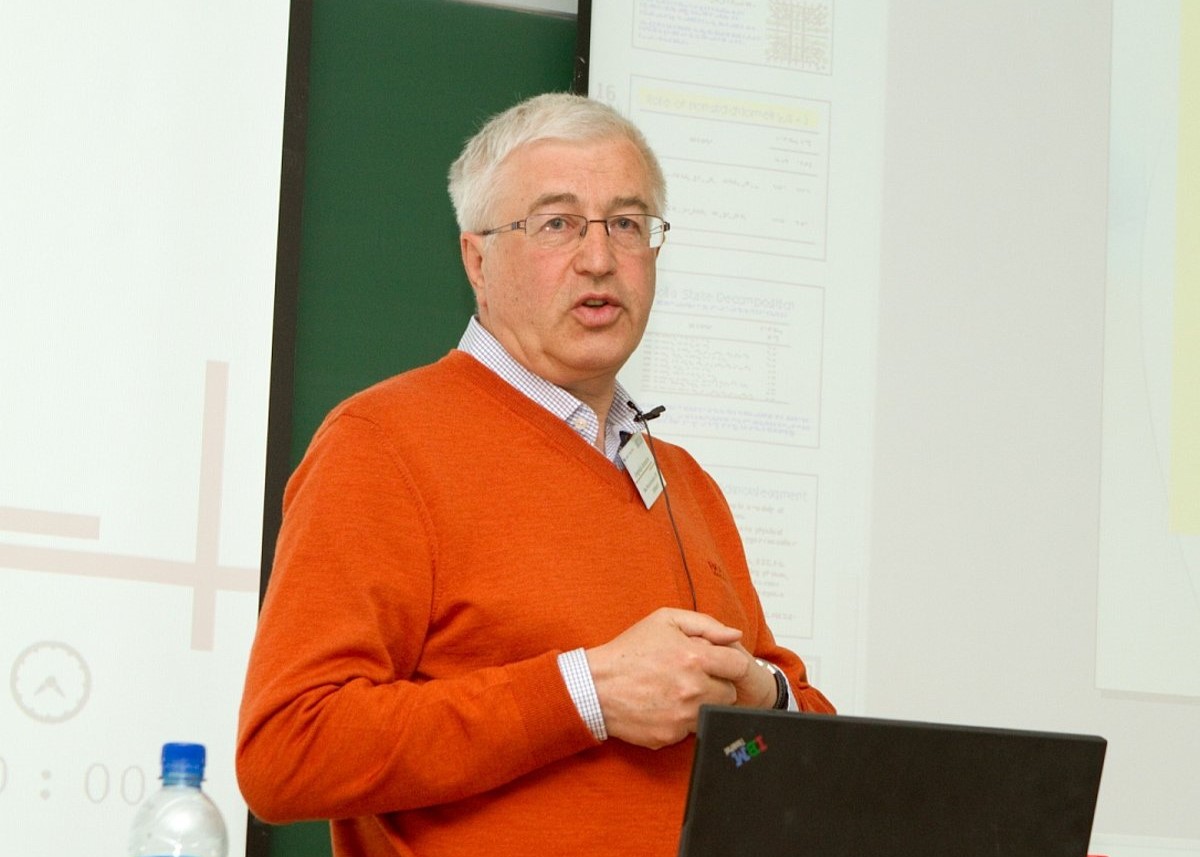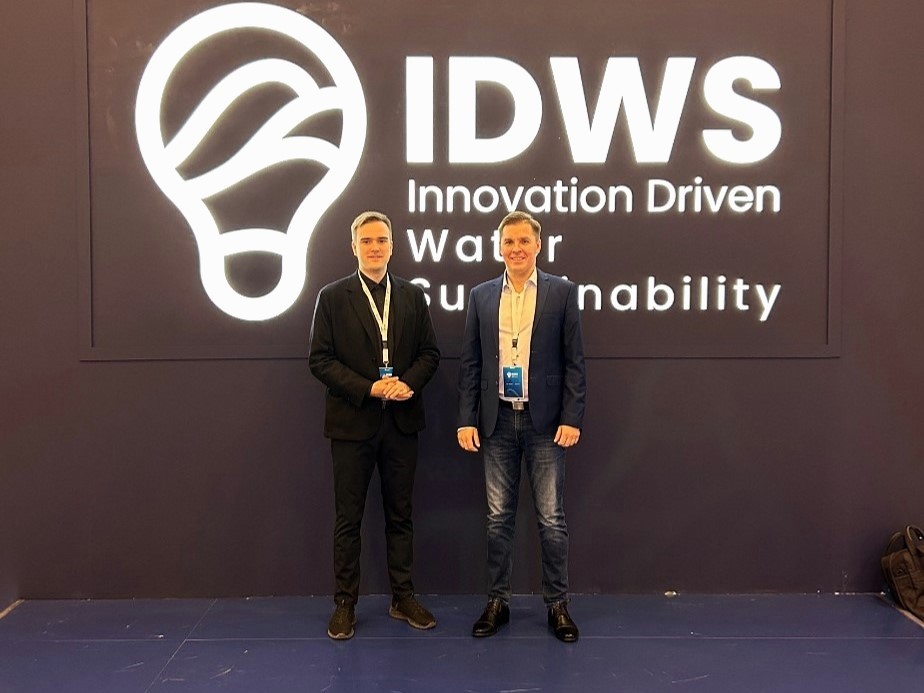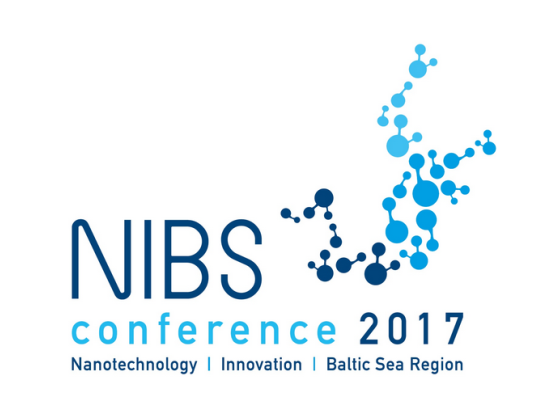In an interview with the Latvian Academy of Sciences (LAS) newspaper “Zinātnes vēstnesis,” published on February 26, the ISSP UL’s leading researcher from the Laboratory of Kinetics in Self-Organizing Systems, Dr.habil.phys. Eugene Kotomin compared the life of a scientist to the saying, “The legs feed the wolf.”
Eugene Kotomin, a distinguished physicist, has carved a niche for himself in quantum chemistry and nanomaterials. His groundbreaking research, which he has dedicated himself to since the 1970s, has earned him the prestigious Edgars Siliņš Lifetime Achievement Award. His passion for physics was ignited by his brother and his teacher at the Riga 13th School of Physics and Mathematics. Kotomin’s collaborations with esteemed colleagues from the Institute of Atomic Physics and Spectroscopy of the University of Latvia have further enriched his scientific journey.
In the competitive world of science funding in Latvia, Kotomin and his team secure grants both locally and internationally, working on innovative projects like hydrogen production through solar-powered water splitting. His love for classical music and travel provides balance amidst his scientific pursuits.
Kotomin and his team’s research on water splitting using sunlight and SrTiO3 has been hailed as a top scientific achievement in 2023. This groundbreaking work, which combines theoretical modeling and practical experimentation, holds immense potential for industrial applications. However, Kotomin is quick to point out that further development is necessary, underscoring the importance of comprehensive approaches in advancing scientific endeavors.
The future of Latvian science is at a crossroads, with issues like fair compensation for scientists and increased research investment demanding immediate attention. Kotomin is a vocal advocate for these changes, believing that incentivizing young talent and enhancing educational standards are crucial steps towards driving sustainable progress in scientific fields.
Encouraging students to explore diverse laboratories globally, Kotomin highlights the transformative impact of international collaborations. The Latvian Academy of Sciences plays a pivotal role in promoting national achievements and fostering scientific innovation.
Kotomin emphasizes informed decision-making in energy policy amid the global shift to clean energy sources. Advocating for balanced discussions on energy alternatives, he underscores the importance of considering both technological advancements and environmental sustainability in shaping the future energy landscape.



